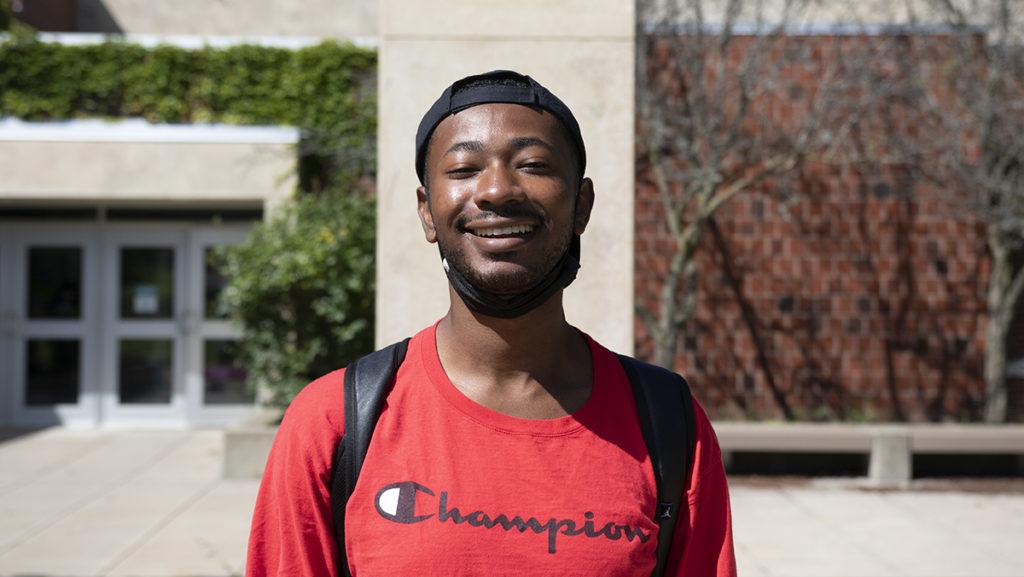Throughout my three years as a Martin Luther King (MLK) scholar, I have seen some drastic changes in the program. We’ve gone through some big transitions, including changing directors almost every year, which has often left us feeling in limbo.
There are a lot of expectations that my cohort and I had for the program that did not come to fruition, partially because of the COVID-19 pandemic, but also because of decisions made by the administration. After my freshman year, I could see that there was a major shift in the program. Our sophomore trip to Ghana, which would have taken place pre-pandemic, was canceled without much of a clear explanation as to why. I’m glad that my cohort at least got the opportunity to travel on our civil rights trip freshman year, which was a great learning and bonding experience. We have never been able to travel internationally though, which is unfortunate because those trips have always been some of the most defining moments for scholars in all the classes above us.
Right now, it kind of feels like all of us are just trying to figure out what is going on with the program. It feels like there has not been much effective communication between the cohort and leadership for a while. I’m hopeful that with a new permanent director for the program established, the program will begin to feel like a supportive community again just as it did my freshman year.
One alarming trend that I’ve become aware of is that at least several MLK scholars have had their scholarship aid decrease, despite most of our families making less money than ever because of layoffs during the pandemic. It is especially alarming considering that my cohort are seniors and most of us have had a similar aid package for the last three years, so to all of a sudden have it tampered with — when we need aid the most — is very stressful.
I personally had my scholarship aid dramatically decrease in my original financial aid package for this academic year and had to spend weeks trying to communicate with the Office of Student Financial Services, which was not helpful at all, until I got into contact with someone higher in the administration that was able to advocate for me.
It was a very stressful experience because I had no idea if I would even be able to afford to attend Ithaca College without my aid.
During the process, I was told that because I am now a residential assistant (RA), my other aid had decreased. I could not understand why that would be the case. It would make no sense for any students to seek out the financial benefit of the RA position if they knew it would be canceled out by getting their other aid taken away. And if that is the case, it should be made known to everyone before applying for a RA position that this could happen to them and their other scholarships could be affected.
Office of Student Financial Services response: Ithaca College students receive financial aid packages comprised of funds from various federal, state, private, and institutional programs, which include scholarships, grants, work-study, and loans. Each MLK scholar has other financial aid programs as part of their award, and each MLK scholar has different awards as part of their package. The college guarantees that each MLK Scholar will receive a minimum of $25,000.00 annually in institutional scholarship aid. Students are required to apply for financial aid each year, using the FAFSA. While Ithaca Colleges strives to keep student aid packages as consistent as possible, depending on a student’s individual situation as reported on their FAFSA submission, aid from other sources may increase or decrease from year to year. We are unable to comment on any individual student’s financial aid situation due to privacy regulations, but we do encourage any student with questions or concerns to contact Student Financial Services.















